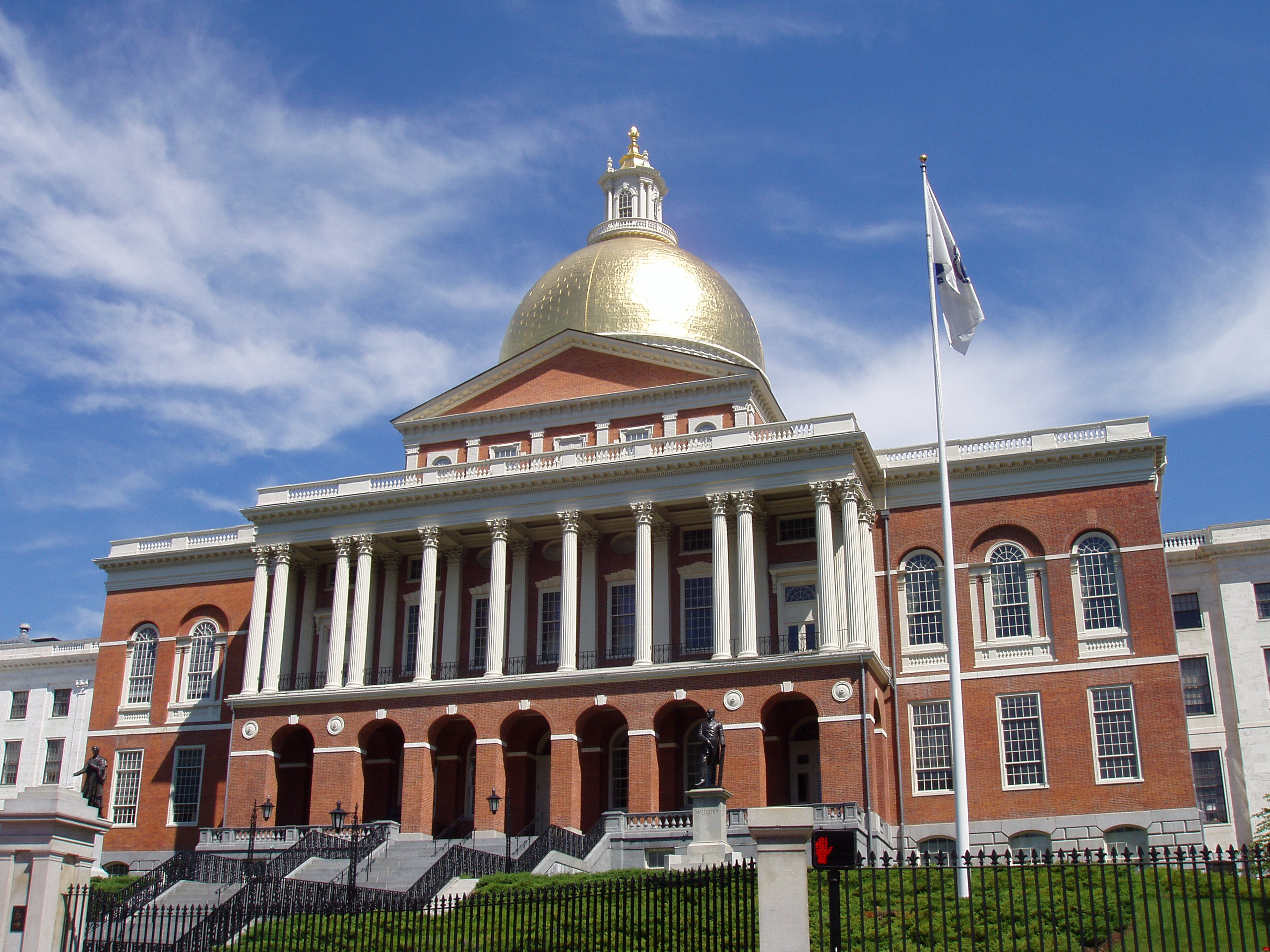On June 9, the Massachusetts General Court convened a joint session and passed Senate Bill 5 (SB 5) by a vote of 159-41, which sent an increase in the state’s income tax for top earners to state voters in 2022.
SB 5 is a constitutional amendment that would create an additional 4% income tax on income above $1 million, increasing the rate from 5% to 9%. The additional tax revenue would be dedicated “to provide the resources for quality public education and affordable public colleges and universities, and for the repair and maintenance of roads, bridges, and public transportation.” Currently, Massachusetts is one of nine states with a flat income tax rate (5%).
The amendment would also authorize the $1 million threshold to be adjusted according to any changes in the cost of living in Massachusetts using the same method used to establish federal income tax brackets. The tax would take effect on January 1, 2023.
The amendment is identical to a 2018 citizen initiative that initially qualified for the ballot but was later removed by the Massachusetts Supreme Court following a lawsuit where they ruled that the measure violated a provision of the state constitution that requires an initiative “contains only subjects … which are related or which are mutually dependent.” The ballot initiative, according to the ruling, encompassed two subjects—a tax and a dedication of revenue, which were not mutually dependent in their judgment. The state’s single-subject rule does not apply to legislative referrals.
Representative James O’Day (D) introduced House Bill 86 (HB 86) during the 2019 legislative session. In Massachusetts, both chambers of the state General Court meet as a single convention to vote on amendments to the Massachusetts Constitution. An amendment needs to receive the vote of 101 of 200 state legislators during two successive sessions to appear on the ballot. During the 2019 legislative session, the bill was approved by a vote of 147 to 48 with five Democratic members absent or not voting. During the joint session convened Wednesday, the bill was approved by a vote of 159-41. All but one Republican, Sen. Patrick O’Connor, voted against the amendment, and all but nine Democrats favored it. The sole Independent member, Rep. Susannah Whipps, voted in favor of it.
On the eve of the vote, Democratic Representatives James O’Day and Jason Lewis wrote, “The reason why the Fair Share Amendment is so popular is that most people recognize that our wealthiest residents can afford to pay a bit more in taxes to help fund investments that expand opportunity and make our Commonwealth more just and equitable for all. … In fact, investments in a stronger education system and improved transportation infrastructure will strengthen our economy, expand opportunity, and make Massachusetts an even more desirable place to live, work, raise a family, and build a business.”
Raise Up Massachusetts, the non-profit coalition that sponsored the 2018 amendment, tweeted after the vote Wednesday, “We applaud the state legislature for their vote and thank our many grassroots partners for making this possible.”
In opposition to the amendment, Christopher Carlozzi, state director of the National Federation of Independent Business (NFIB) in Massachusetts, said, “A millionaire’s tax could also send wealthy people fleeing the state and leave Massachusetts with less revenue, which would place a financial burden upon the remaining residents who would see taxes go up, small business owners included.”
The amendment is the first ballot measure to be referred to statewide ballots in Massachusetts. Between 1962 and 2020, Massachusetts voters decided on 11 ballot measures related to state income tax. Nine measures were defeated, and two were approved.
Additional reading:


